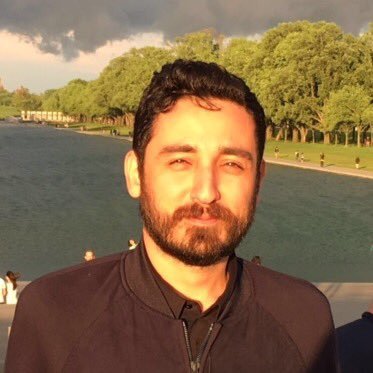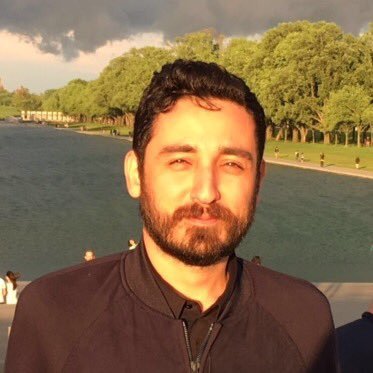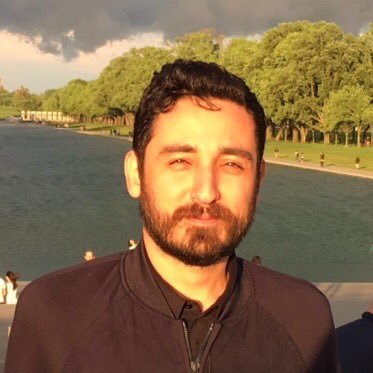Forum Replies Created
-
AuthorReplies
-
 DanielMember
DanielMemberWhen resources are insufficient to support formative research activities, we have established partnerships with other academic and research groups working with the same population. Regular face-to-face meetings with stakeholders has shown better outcomes to engage and find solutions carry out activities that can be developed within a low budget. In addition, a proper systematic review can provide solutions to optimize research activities.
 DanielMember
DanielMemberA key challenge to support the overall goal for the engagement program is to keep a continuous relationship with community stakeholders. We try to keep regular meetings and promote recreational and educational activities to support a deep and sustained community engagement. However, communication needs to be improved to balance expectations and boost a positive and proactive feeling among the community stakeholders group.
 DanielMember
DanielMemberMy first experience ensuring that leadership and team members have a common understanding of stakeholder engagement was in a previous research called Muriel Project, a cross-sectional study that measured the vulnerability of health needs and access to services of the transgender population in São Paulo. We aimed to develop a communications strategy with broad community participation. By that time, the information available to conceptualize representativeness of transgender individuals in Brazil was scarce. We started the study conducting a formative phase to identify leaderships and promote activities and discussions. That was a process that allowed researchers to connect and learn from stakeholders to think through a new perspective. Also, some of the stakeholders involved in the Muriel Project suggested questions that could be explored during the study and use the results to claim inequities in access to health in Brazil. The project became a transdisciplinary study group composed by researchers and stakeholders to discuss human rights and health of the LGBT community in Brazil.
-
AuthorReplies


